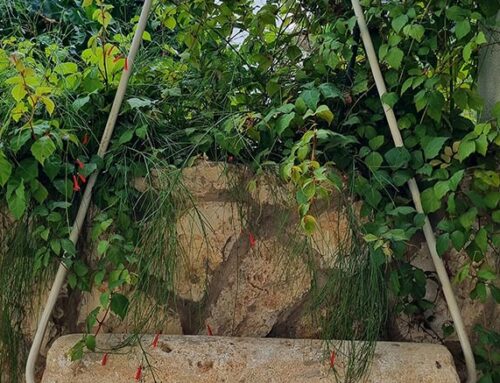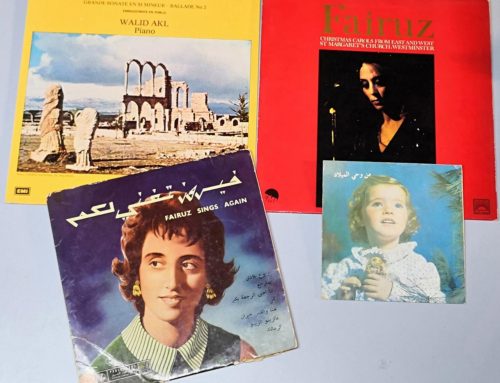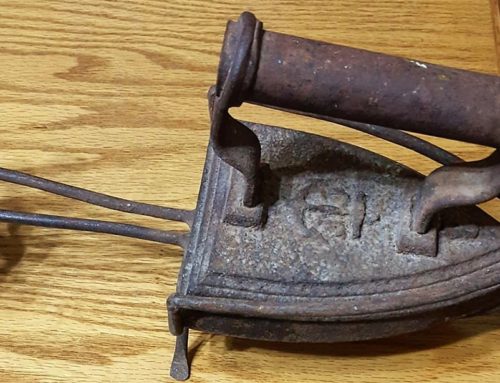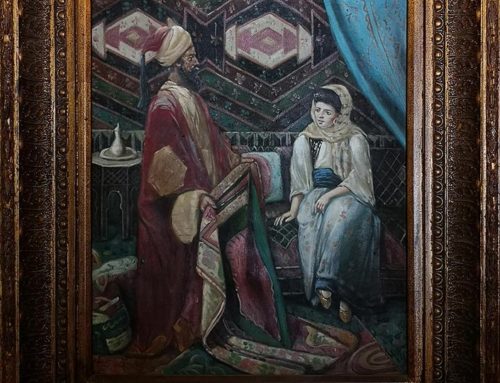Book: Beirut Inc. by Fouad Khoury – Preamble by Rafic Khoury
Beirut is rich in History but excels in walking stealthily towards the future. As space gets narrow, she takes it away to broader times, and the old and new aspects side with each other and indulge in a dialogue in an endless novel. Trees get scarce, and the monotonous stone gets broken in the middle of the people noise, opening horizons in the distance.
She has no typical aspect. She may be looked upon or regarded as an oriental or western setting, but she owes something to each city in the East and the West. Charming and ugly at the same time. She is a city, a village, and a street. All times left their impact on, without being able to get hold of its soul. She is the reality that summarizes the symbol of the tree and the boat: the tree that stands for steadfastness and attachment to roots, and the boat made out of wood of the tree and stands for travelling and opening to the world of emigration overseas, of trade and culture in an everlasting unmatched interaction in the East.
Earthquakes have torn her many times apart, but she was born again and rebuilt herself as the phoenix legend. Violence stroke her and death drew near more than once, but she stood fast death, devoted to survival and life art thanks to her seven souls. She is the land of those who look for freedom in an Orient ruled by high walls.
How costly were prices and sacrifices she offered for the sake of freedom for her, for the fatherland, for each persecuted and suffering man? She is the city of noise par excellence, the noise of life in the streets, night and day, noisy sitting up in the coffee-houses, restaurants, and hotels by night. The noise of culture and arts, and the quest for creativity and delight. The noise of print-house that publish books termed as unpublishable in the capitals of the region, and which nourish those searching for cultural bread no man can live without. The noise of politics, either by chatting, or by voicing modern thoughts, or by sinking, more often below the levels of the State.
These pictures are nothing but an attempt at recording a moment in Beirut life, and downtown itself that was business and life center in the bygone days before prosperity got to the edge and which regained life after the horrors of war. It cannot be denied that city life is richer than any moment spent in it, deeper and more far-reaching. But it is absolutely true that the moment has a meaning no to be ignored, even in the course of an extended time. Hand or arts-making has nothing to do in these pictures. She is spontaneous in the objective of the camera that snaps what its chances to see. Daze and what looks like emptiness are her general aspect of her own: daze of those sitting in the coffee-house, emptiness of the streets from traffic-jam, kids with Filipino and Sri Lankan maids, and mothers busy doing shopping and fanciful with fashion, while no difference between the woman and the style she is watching. And where? At center near heaven, in the vicinity of mosques and churches, some meters far, on earth, from any place crawling with life.
The question to be asked: What caused the amazed Beirut in all respects to be amazed in every moment of life? What made time empty rather than being full in people daily life? It is contemplation in life, or faint hope to improve it? Is it weariness of love, emigration, and idleness, or for being captive of the narrow space, rather than enjoying liveliness in the broad times? Why have hands forsaken books in the city of printing-houses, and no one but an old man is reading while still enjoying the pleasant times of the past?
The final answer is hard, but anyone admiring those pictures shall find deep inside an answer he pleases or that causes him concern. Hopefully, moments shall change for the best in Beirut that is fated to be the leading light of the East.






